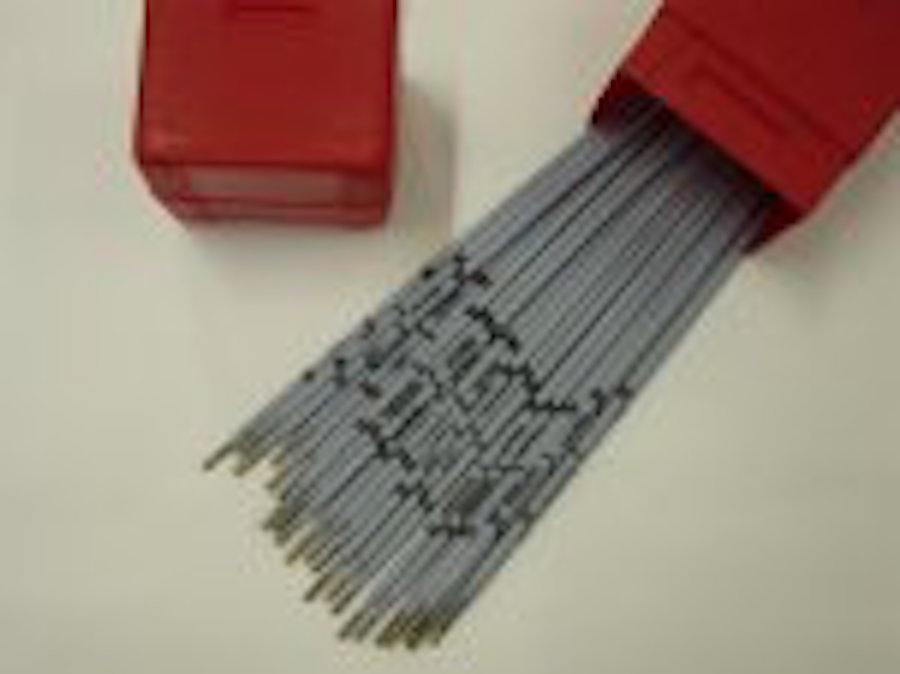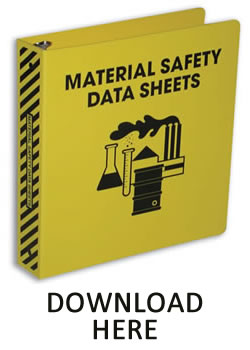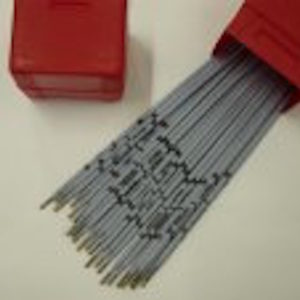Description
An iron based hardsurfacing electrode encompassing a high volume of carbides to maximise wear resistance
The modular formed carbides of procus 250 allow the deposit to give good resistance to impact as well as to abrasive wear.
- fast deposition rate.
- smooth arc characteristics.
- dense deposits without porosity.
- ideal for vertical and overhead deposits.
- operates on either ac or dc current.
The hardsurfacing electrode formulated to extend the service life of your equipment
Technical information
Procus 250. A uniquely formulated hardsurfacing electrode that ensures deposits of extremely high alloy concentrations so as to provide excellent resistance to impact and abrasion.
Many hardfacing rods have poor arc characteristics that often make the electrode hard to use. These electrodes may also require higher amperages so as to get reasonable fusion of the hardsurface overlay with the base metal. These high operating currents will generally mean a great rate of base metal dilution and so the wear resistance of the deposit id adversely affected.
Additionally, the hardest build-up or wear resistant overlay is not necessarily the answer to all wear problems. Wear takes many forms in terms of abrasion, impact, gouging etc so for equipment subjected to those wear conditions it is important that the hardsurfacing alloy to be used can provide the best protection to equipment to meet those service situations.
Procus 250 is just that alloy. It is a composition of vanadium, niobium, chromium, molybdenum and carbon. Overlay deposits of procus 250 contain modular formed carbides that will provide superb resistance to both impact and abrasion.
The microstructure of the overlay consists of a large volume fraction of carbides in an iron-based matrix. Very importantly, because of the low temperature and smooth welding characteristics of the electrode, base metal dilution is minimised and so providing an overlay deposit that can well be uniform in hardness from the surface of the deposit through to the fusion line
The high volume of carbides contained in procus 250 overlays ensures that maximum outcomes can be achieved. Because deposits provide good resistance to impact, as well as abrasion, the electrode is also suitable for use on crusher hammers, ripper teeth and other equipment in use in the mining industry. The alloy’s good resistance to wear also means that it is suitable for use on dredge teeth, rail ballast tampers, grizzly bars, steel mill guides and an extensive variety of other equipment and it is easy to use in vertical and overhead applications.






Reviews
There are no reviews yet.